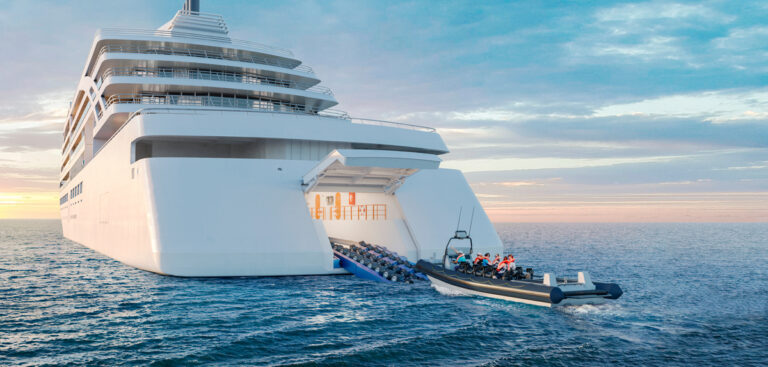NOAA has formed an unusual partnership with the cruise ship operator Viking in a bid to broaden its research of the US Great Lakes.
As part of the agreement Viking will carry NOAA scientists on board its cruises of the region, set to begin in 2022.
The scientists will conduct research focused on changes in the region’s weather, climate, ecosystems and maritime heritage resources. Guests on board the cruises will also have the opportunity to engage with the marine scientists in the ship’s laboratory as they conduct their ecosystems research.
The cruise ships will double as research vessels with each ship equipped with a FerryBox, a set of instruments that continuously collect and display data on water quality, oxygen content, plankton composition and other measures of the Great Lakes’ vital signs.
Meanwhile, the laboratory on each ship will be able to support a broad range of research activities and contains wet and dry laboratory facilities; a sample processing area, fume cupboard, freezer and cool storage; comprehensive microscope optics; and bench space for analysis-specific instruments.
The repetitive routes of the cruises will enable scientists to monitor changes seasonally, potentially over the course of many decades.
This is not the first time NOAA has teamed up with a cruise company for scientific purposes. In 2019, the agency installed and tested autonomous CO2 -measuring instruments aboard the Flora vessel, owned by the Celebrity cruise ship line, in order to monitor CO2 levels around the Galapagos Islands.



